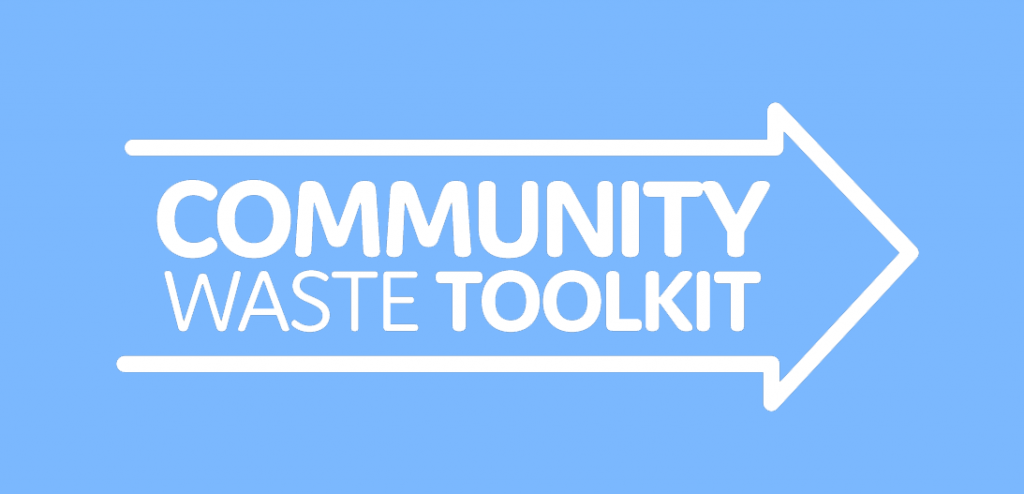We Compost It & Kennebunk
Background
In 2015 Kennebunk began contracting with We Compost It to provide a subscription-based curbside food scrap collection program for residents. The town had already implemented pay-as-you-throw and single-sort recycling programs and hoped that curbside composting would complement these existing programs and increase waste diversion. Recognizing that food makes up a substantial portion of the municipal solid waste stream, the town began exploring curbside composting as a way to help residents reduce their bag costs and increase public support for pay-as-you-throw.
Getting Started
When the town of Kennebunk was preparing to put its transfer station management out to bid in 2014, no town in Maine had ever contracted with a company to manage residents’ organic material. Interested in reducing costs and maximizing participation in pay-as-you-throw and single-stream recycling, the town included organics collection in the bid specifications for the management of the town transfer station. Kennebunk considered providing universal service to residents but ultimately opted for a subscription-based model with We Compost It as the exclusive contractor. Kennebunk promotes curbside organics collection, but the services are provided through We Compost It, which offers a discount to Kennebunk residents. Since 2012 We Compost It has collected food scraps from residential customers as well as commercial generators such as restaurants, schools hotels throughout southern Maine.
Outcome
Participation in curbside organics collection continues to increase in Kennebunk. We Compost It reports that cancelled subscriptions are rare and that enthusiasm for the service continues to grow. Additionally, after multiple public reviews, Kennebunk has elected to continue pay-as-you-throw, a program the city had sought to bolster through the use of curbside organics collection.
Challenges & Tradeoffs
The main challenge for curbside organics collection in Kennebunk was developing sufficient household participation to make the service cost-effective. To boost subscribers, the town of Kennebunk and We Compost It collaborated to promote the service. Efforts included door-to-door canvassing, presentations at select board meetings, web promotions on the town’s website and joint promotions with local organizations such as garden clubs and land trust organizations.
Recommendations for Action
- Sell the benefits: Curbside organics collection has the potential to save money for municipalities and residents, but cost-savings aren’t the only effective incentive for promoting participation. We Compost It has found that curbside organics collection has multiple benefits. With no food in the trash, participants have found that their trash is less smelly and heavy. Additionally, many participants value the opportunity to receive finished compost made from their town’s food scraps. Talking about the multiple benefits of organics collection can increase participation and enthusiasm for community composting.



